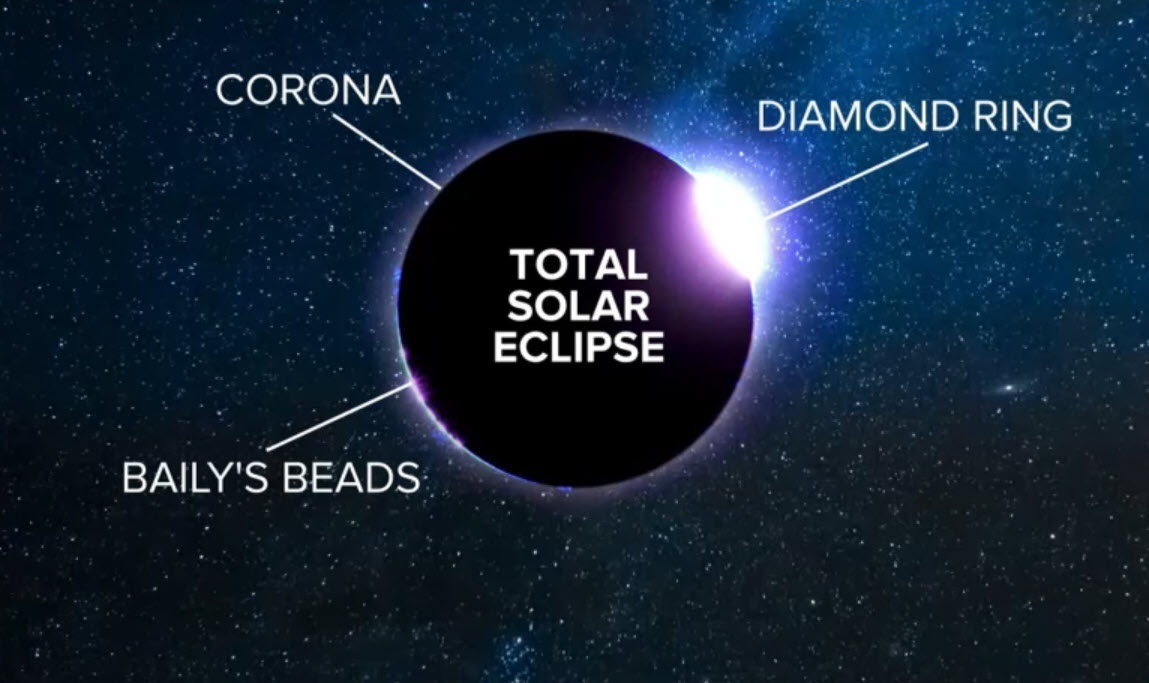As the world witnesses the spectacle of a solar eclipse, conspiracy theories surrounding this celestial event have taken center stage. Dr. Mark Fenster, a prominent professor at the University of Florida and an expert in conspiracy theories, sheds light on why solar eclipses often become fertile ground for various conspiratorial narratives.
According to Dr. Fenster, the unique phenomenon of a solar eclipse triggers a range of conspiracy theories due to several intertwined factors. Firstly, he notes that the visual spectacle of the eclipse, with the sun momentarily obscured by the moon, creates an other-worldly experience that can lead to heightened speculation and imagination among observers.
Moreover, Dr. Fenster points out that historical and cultural beliefs contribute to the proliferation of conspiracy theories during eclipses. He mentions that throughout history, solar eclipses have been associated with significant events or shifts in power, leading some individuals to interpret them as omens or signs of impending change.
Religious interpretations also play a role in fueling eclipse-related conspiracy theories. Dr. Fenster explains that for some, the unusual sight of a darkened sky during daylight hours can evoke apocalyptic or end-of-days scenarios, leading to speculation about divine or supernatural forces at play.
Additionally, the prevalence of information and misinformation on social media platforms amplifies the spread of eclipse-related conspiracy theories. Dr. Fenster emphasizes that the rapid dissemination of unverified claims and sensationalized narratives contributes to the allure of conspiracy theories, especially during high-profile events like solar eclipses.
Dr. Fenster’s insights highlight the complex interplay of scientific phenomena, cultural beliefs, and digital communication in shaping conspiracy theories surrounding solar eclipses. As the eclipse continues to captivate audiences worldwide, his analysis serves as a reminder of the multifaceted nature of conspiracy thinking and the need for critical evaluation of information.
Professor Michio Kaku, renowned for his expertise in theoretical physics at the City University of New York (CUNY), offers further insights into the unique aspects of the total solar eclipse occurring on April 8, 2024. According to Kaku, what sets this eclipse apart is its path of totality, which spans across North America from Texas to Maine. This extensive coverage allows a larger population to witness the awe-inspiring phenomenon firsthand, providing a rare opportunity for scientific observation and public engagement. Kaku emphasizes the importance of leveraging such events to inspire curiosity about astronomy and the natural world, fostering a deeper appreciation for the wonders of the universe among people of all ages and backgrounds.



